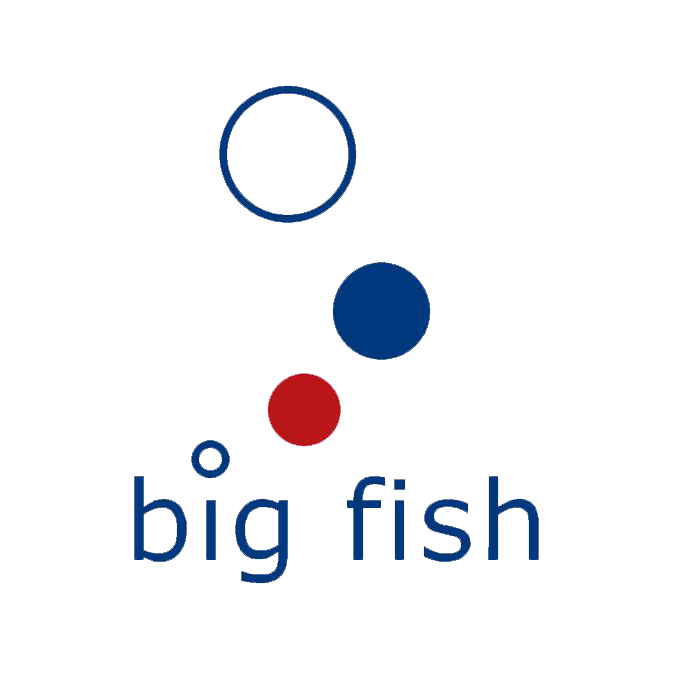Philosophy
Collaborative Ecosystems
We focus on building performing businesses, by developing collaborative teams and organizations using modern Purchasing and Supply Chain Management expertise to connect internal and external resources and expertise to achieve significant higher performance. We help Purchasing and Supply Chain Management to fully play their key role in building the performing extended enterprises of tomorrow.
These ecosystems work in a collaborative mode, with a certain amount of suppliers, and evolve around integrated teams, bringing together their expertise in all relevant phase—across organizational, regional and cultural borders. This working TOGETHER allows to free a maximum of existing expertise, so that all participating actors achieve significant results and create a sustainable competitive advantage for all related stakeholders— clients, team members, partners, environment and shareholders.
It takes two main ingredients to build and develop a performing business:
People (skills) and Processes (infrastructure).
Contrarily to existing routines, we are convinced that :
1. People represent 80% of the potential of a successful enterprise
2. We have to put the focus on People first, and then provide them with the tools and infrastructure they need
If you share this point of view, welcome to the world of entrepreneurial business development around People and skills!
WHAT IS THE LINK WITH PURCHASING AND SUPPLY CHAIN ?
When we talk about People and skills in businesses, we can distinguish two populations:
Collaborators—"the people inside"
Suppliers—"the people outside"
In so-called old economies, companies buy on average ¾ of their revenue—behind this Purchasing volume you find (human) resources at the supplier's level, and this People community has substantial expertise of all sorts. In other words, it means that on average ¾ of the resources, and by consequence ¾ of the expertise of a company, are located outside of the borders of the said company.
The role of People in Purchasing (Extended Resource Management) and in the Supply Chain (Value Network Management) is to:
- Identify the relevant competences anywhere in the global community and build adequate relations to ensure that the people are willing and able to work together on specific projects.
- Provide and constantly adapt simple, easy-to-use and highly flexible tools and infrastructure to allow all relevant actors of the Value Chain to exchange information and physical elements efficiently.
Globally, both roles focus on connecting all actors (internal and internal) of the ecosystem, so that the various project-oriented teams can use a maximum of skills in a minimum of time to respond to a client or market need.
As one of the core elements of future competitive advantage is the “time to market”, our ability to identify and to react to any given need in weeks and months (instead of years) is of paramount importance. The main worry of businesses will be to mobilize the right skills, in a record time, to be able to develop markets and solutions, to produce and deliver products and services before competition picks up the opportunity. It is therefore not only coherent but absolutely necessary to use all or most of our external expertise in close connection with our internal know how! Indeed, who would want to drive a race with a car using only 25% of his engine power?
Photo by Margarida CSilva on Unsplash


